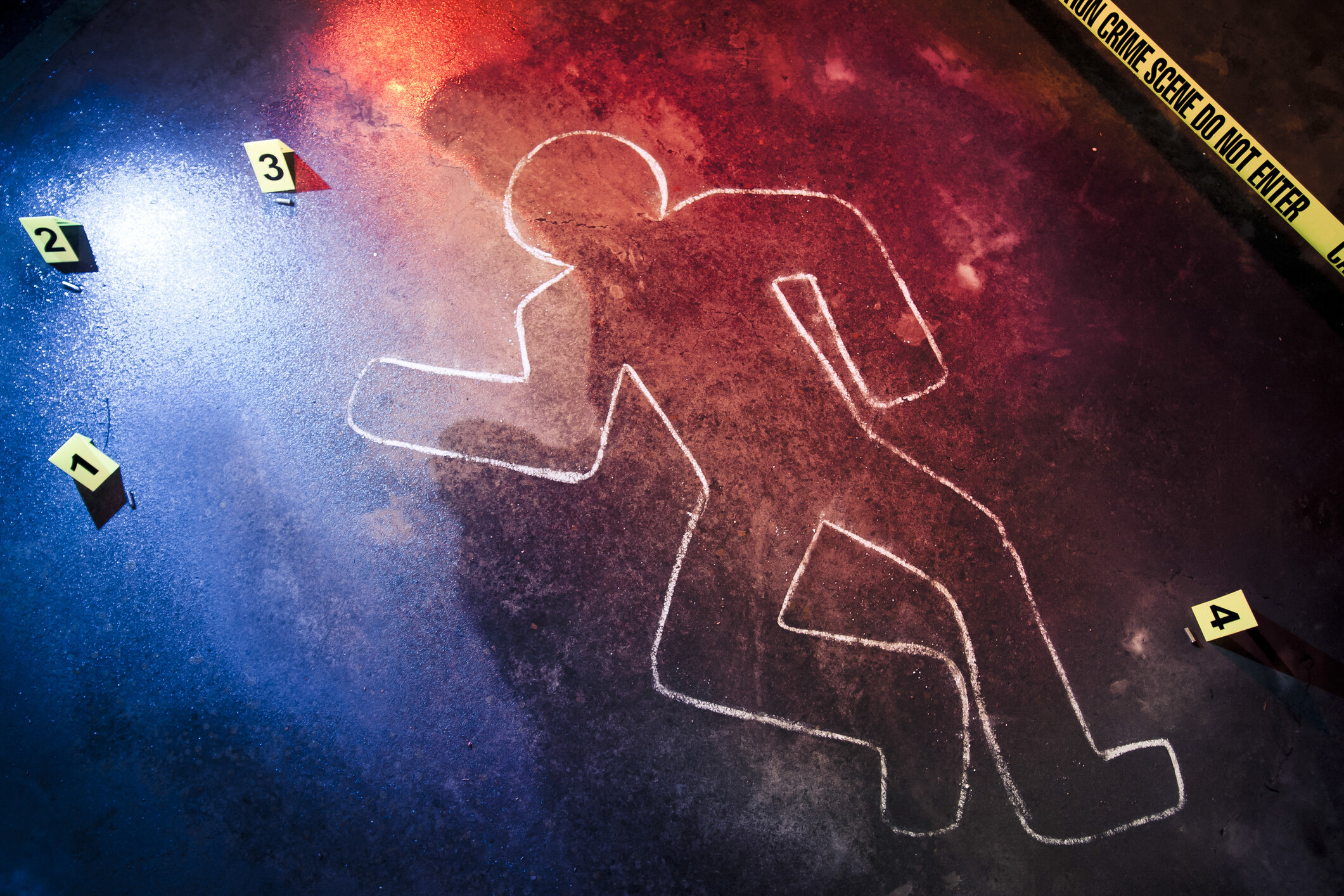
Philadelphia Criminal Defense Blog
Types of Narcotics Offenses and Potential Defenses
Our talented attorneys have won motions to suppress the evidence and prevailed in even the toughest cases at preliminary hearing and trial.
Narcotics Offenses
TYPES OF DRUG CHARGES IN PENNSYLVANIA
If you have been arrested on narcotics charges, you need an experienced criminal defense attorney immediately. We handle all types of narcotics cases - Simple Possession ("K&I), Possession with the Intent to Deliver ("PWID"), Criminal Use of a Communications Facility ("CUCF"), Possession of a Small Amount of Marijuana ("SAM"), cases involving confidential informants or sales to undercover narcotics officers, and more. Our talented attorneys have won motions to suppress the evidence and prevailed in even the toughest cases at preliminary hearing and trial.
If you are caught with drugs, there are a number of potential charges you could face. First and foremost, you could be charged with Possession with the Intent to Deliver. In Pennsylvania, PWID is a felony regardless of the type of a substance sold. PWID requires the prosecutor to show not only that you had actual or constructive possession of a controlled substance, but also that you either sold or intended to sell the controlled substance to someone. Second, if the police did not observe drug sales, you could be charged with Simple Possession or Knowing and Intentional Possession, which requires the Commonwealth to show that you were in possession of a controlled substance. Third, if a cell phone was involved in a drug transaction, you could be charged with Criminal Use of a Communications Facility.
DEFENSES TO DRUG CHARGES
It is critical that you speak with an experienced attorney as quickly as possible because there are a number of potential defenses to these charges. Our Philadelphia criminal trial lawyers have won numerous motions to suppress where the police conducted a search or made an arrest without reasonable suspicion or probable cause. If the police violated your rights, it may be possible to have the evidence suppressed and the charges dismissed. In PWID cases, we also work with the best expert witnesses in narcotics distribution to show the prosecutor, judge, or jury that drugs were not possessed with the intent to deliver. Through prompt and thorough investigation of a case, we may also be able to show that the narcotics belonged to someone else by finding witnesses or surveillance footage, or we may be able to show that the police just plain got the wrong guy. We have also been able to successfully negotiate for clients to participate in pre-trial diversionary programs which do not result in permanent convictions or other serious consequences.
CONSEQUENCES FOR DRUG CONVICTIONS
Even misdemeanor narcotics charges are serious. Many cases carry significant jail time, and there can be countless life-changing collateral consequences to a conviction ranging from the loss of driving privileges to the loss of professional licenses, student financial aid, and employment. If you are charged with selling or possessing illegal drugs, you need an experienced lawyer who can investigate and evaluate your case, determine if your rights have been violated, and provide you with all of the options and a strong defense. You should not assume that you have to plead guilty just because the police found drugs on or near you. The Commonwealth has to prove that the search was legal and that the drugs were yours, and we have the experience to challenge them every step of the way.
CALL A PHILADELPHIA DRUG LAWYER TODAY
If you or a loved one has been charged with a narcotics offense in Pennsylvania or New Jersey, call 267-225-2545 now for a free, confidential, and honest consultation.
U.S. Judge Becomes First to Exclude Evidence Obtained via Controversial "Stingray" Device
First Federal Judge Excludes Evidence Obtained via Controversial Stingray Device.
In a groundbreaking opinion out of the Southern District of New York, a federal judge has excluded narcotics evidence obtained when DEA agents used a controversial "stingray" device to locate a suspect's apartment. A cell-site simulator— sometimes referred to as a “StingRay,” “Hailstorm,” or “TriggerFish”—is a device that locates cell phones by mimicking the service provider’s cell tower and forcing cell phones to transmit “pings” to the simulator. The device then calculates the strength of the “pings” until the target phone is pinpointed.
In United States v. Lambis, Drug Enforcement Administration agents used the stingray device to track Lambis' cell phone to a specific apartment. When they arrived at the apartment, they obtained Landis' consent to search the apartment, and they promptly found narcotics in the apartment. Lambis moved to suppress the evidence, arguing that the narcotics should be excluded at trial because the DEA agents had violated the Fourth Amendment by failing to obtain a warrant to track his cell phone using the stingray device. The District Court agreed, finding that "the use of a cell-site simulator constitutes a Fourth Amendment search within the contemplation of Kyllo. Absent a search warrant, the Government may not turn a citizen’s cell phone into a tracking device."
This is an excellent ruling for anyone who carries a cell phone as it requires the Government to obtain a warrant prior to surreptitiously tracking its citizens using these devices. It also highlights the importance of hiring effective criminal defense counsel when faced with criminal charges as many lawyers who do not focus on criminal defense are unlikely to know about these devices or what to do when a client has been tracked by one.
I got arrested for DUI. Do I have to plead guilty?
If you are charged with DUI in Pennsylvania or New Jersey, you need an experienced, aggressive criminal defense attorney who knows the law inside and out and can review your case for all possible defenses.
Every day I speak with people who have been charged with Driving Under the Influence (“DUI”) and think that because they were driving drunk and got pulled over, they have to plead guilty. They are often surprised to learn that there are often defenses to many DUI cases.
First, if you don’t have a record, sometimes it is best to take a deal and enter the ARD program. When a defendant does not have a record and was not involved in a serious accident, the Commonwealth will usually offer ARD. ARD stands for Accelerated Rehabilitative Disposition. The program involves serving a short period of probation, a license suspension, and paying fines and court costs. The defendant does not have to plead guilty to enter into the ARD program, and the arrest and case will be expunged if the defendant successfully completes the program. If the defendant fails to complete the probation, then the defendant will be removed from the program and retain the right to litigate pretrial motions or proceed to trial. Even when the evidence suggests a strong defense, ARD is often a good option because it provides the only guarantee of an expungement at the end of the case. ARD is typically only available for someone who does not have any prior convictions, and it is rarely offered twice. The Commonwealth often offers ARD for non-DUI misdemeanors.
Second, if ARD is not offered or the defendant wishes to fight the case, there are a number of potential defenses that an experienced criminal defense and DUI attorney may be able to present. These defenses include motions to suppress. The motion to suppress is a motion filed by the defense attorney arguing that because the police engaged in some unlawful conduct, such as stopping or searching the defendant illegally, the evidence of intoxication such as the blood test should be excluded at trial. Other potential defenses may include speedy trial motions, double jeopardy motions, and motions to exclude testing results due to a failure to properly calibrate the testing equipment. Additionally, there are many other complicated procedural rules which the police and prosecutor have to follow in order to bring a successful prosecution. The failure to follow each one of these rules could result in the dismissal of the case or exclusion of the evidence. Finally, if pre-trial motions do not result in dismissal of the charges, an experienced defense attorney may be able to challenge the Commonwealth’s evidence that the defendant actually operated the vehicle or was intoxicated.
DUI carries the potential for serious penalties in terms of mandatory minimum incarceration periods, criminal records, and license suspension. If you are charged with DUI in Pennsylvania or New Jersey, you need an experienced, aggressive criminal defense attorney who knows the law inside and out and can review your case for all possible defenses. You need an attorney who does not handle these cases “part-time.” Your freedom, driver’s license, and reputation depend on it. If you have been charged with DUI in Pennsylvania or New Jersey, contact the Philadelphia DUI defense lawyers of Goldstein Mehta LLC for a free consultation today.
Related DUI Articles:









